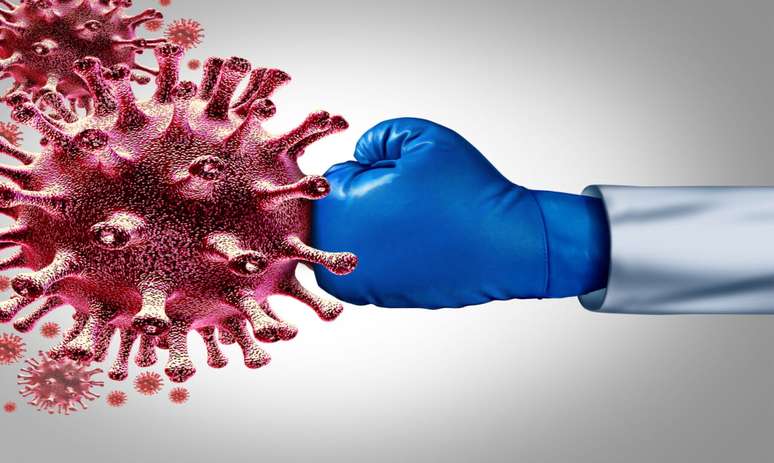Malaria, leishmaniasis and dengue are among the diseases that have caused the least hospitalizations, but the most deaths during the Covid-19 pandemic
A study conducted by the Federal University of Uberlândia (UFU), in collaboration with the University of Córdoba, Spain, revealed that some diseases had an increase in mortality, but a decrease in hospitalizations in Brazil. This is the case with malaria, leishmaniasis and dengue.
html[data-range=”xlarge”] figure image img.img-29b257d69ac404645b774f3b0f226b300ahuu4sh { width: 774px; height: 463px; }HTML[data-range=”large”] figure image img.img-29b257d69ac404645b774f3b0f226b300ahuu4sh { width: 548px; height: 328px; }HTML[data-range=”small”] figure image img.img-29b257d69ac404645b774f3b0f226b300ahuu4sh, html[data-range=”medium”] figure image img.img-29b257d69ac404645b774f3b0f226b300ahuu4sh { width: 564px; height: 337px; }HTML[data-range=”small”] .article__image-embed, html[data-range=”medium”] .article__image-embed { width: 564px; margin: 0 auto 30px; }
This is explained by people’s fear of seeking medical help during this period. The decline in hospitalizations may lead one to believe that these diseases have become “forgotten”, when, in fact, they have been overlooked.
Leishmaniasis, tuberculosis, Chagas disease, malaria, schistosomiasis, hepatitis, lymphatic filariasis, dengue and leprosy are infectious diseases, transmitted between people or in contact with carrier animals. They especially affect the poorest population and those with less access to health services.
Although they are preventable and treatable, these diseases still have social and economic consequences. Furthermore, they impact public health, compromising the ability of communities to develop and thrive.
Research and awareness
In January 2021, the World Health Organization (WHO) released a report setting goals in line with the United Nations Millennium Goals for Sustainable Development (SDGs). They propose integrated actions by 2030 to fight these diseases.
According to the clinical doctor of the São Marcelino Champagnat and Universitário Cajuru hospitals, Dr. Larissa Hermann, this movement indicates the urgent need to invest in research for the development of prevention and treatment measures and, above all, in information. According to specialists, the lack of knowledge of these diseases makes it difficult to mobilize resources for the implementation of effective actions.
“I believe it is the responsibility of the public power to develop awareness strategies. And also to disseminate accurate information through the media to reach as many people as possible with quality information”, reiterates Larissa.
Furthermore, the doctor argues that it is necessary to strengthen the health system, train professionals and improve the infrastructure of services, especially in the most affected areas. He highlights the role of health professionals in reminding people of the existence of these diseases.
“Guidance should go beyond medical care, including warnings about basic sanitation and the environment, with steps that can be taken to avoid contamination or minimize the damage caused by these diseases,” he adds.
Source: Terra
Ben Stock is a lifestyle journalist and author at Gossipify. He writes about topics such as health, wellness, travel, food and home decor. He provides practical advice and inspiration to improve well-being, keeps readers up to date with latest lifestyle news and trends, known for his engaging writing style, in-depth analysis and unique perspectives.









